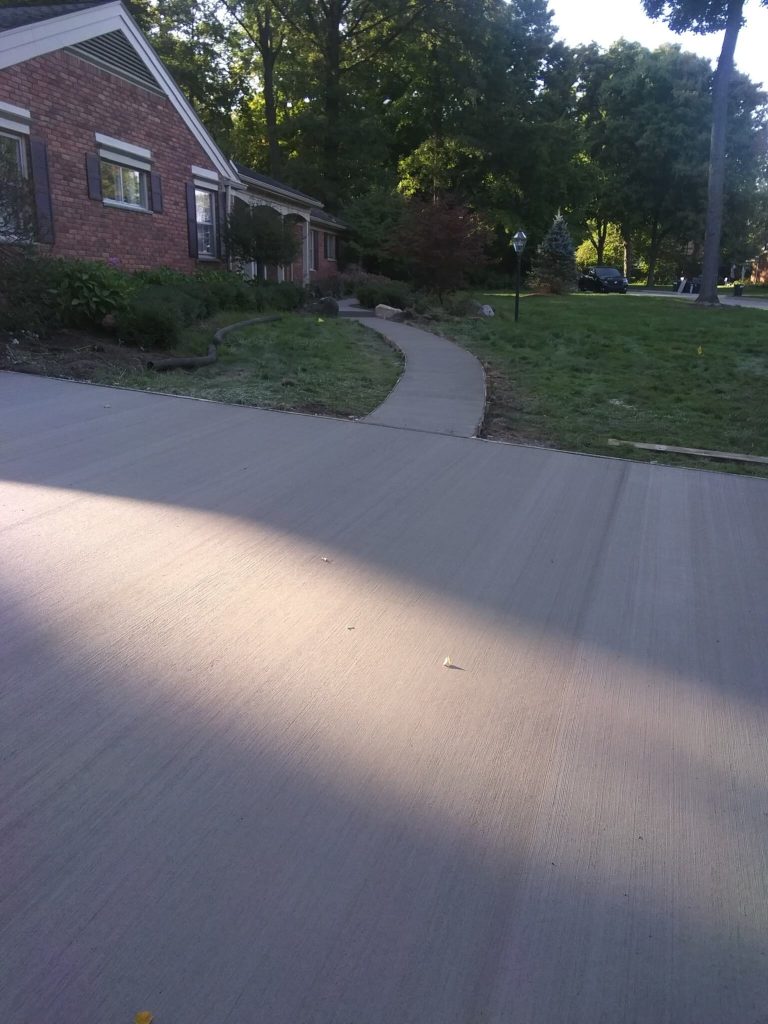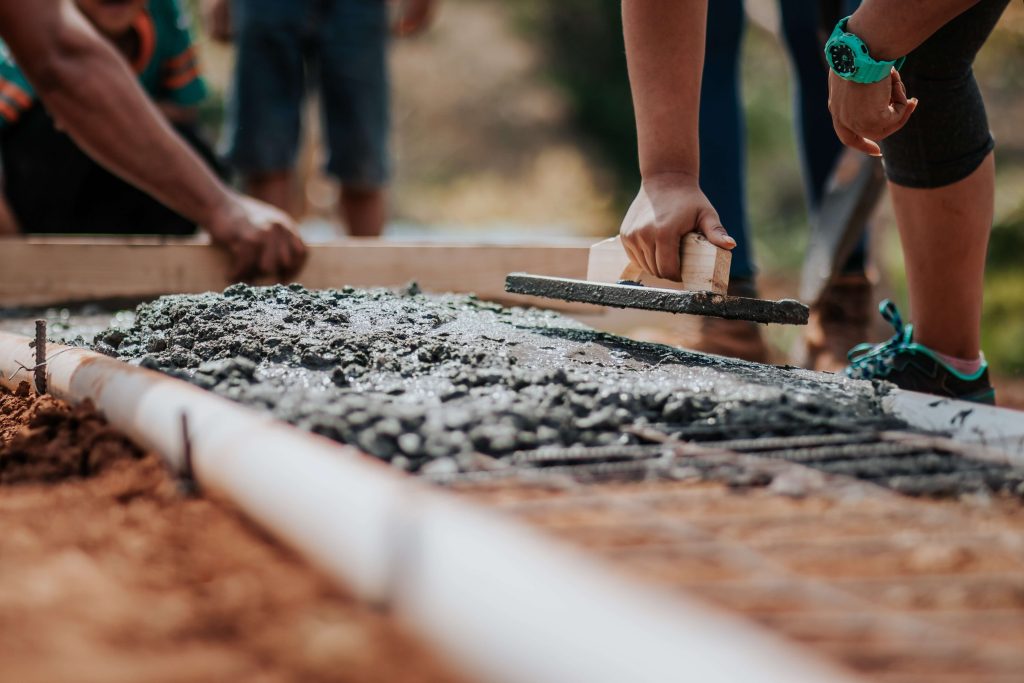How much should a new concrete driveway cost?
The cost of a new concrete driveway can vary widely based on a range of factors, including the region or country, the size of the driveway, the thickness of the concrete, labor costs in your area, the complexity of the job, and any additional features or finishes (e.g., stamped or colored concrete).
- Basic Cost: In the U.S., the average cost for a basic concrete driveway ranges from $4 to $10 per square foot. This includes standard installation with no special finishes or decorative touches.
- Mid-Range: If you’re considering adding decorative elements like stamping or coloring, the cost might range from $8 to $18 per square foot.
- High-End: For a top-tier driveway with premium finishes, custom designs, or other advanced features, you could be looking at $15 to $30 per square foot or more.
Other factors that can influence cost:
- Preparation Work: If the area needs extensive grading, removal of old pavement, or any other prep work, the cost will rise.
- Reinforcements: The addition of rebar or wire mesh for added strength.
- Sealing: Sealing the concrete after it cures can add to the cost but offers protection against stains and weathering.
Always obtain multiple quotes from reputable contractors in your area to get an accurate estimate for your specific needs. Many local economic conditions and supply chain robustness can lead to significant differences between regions, cities, and states.
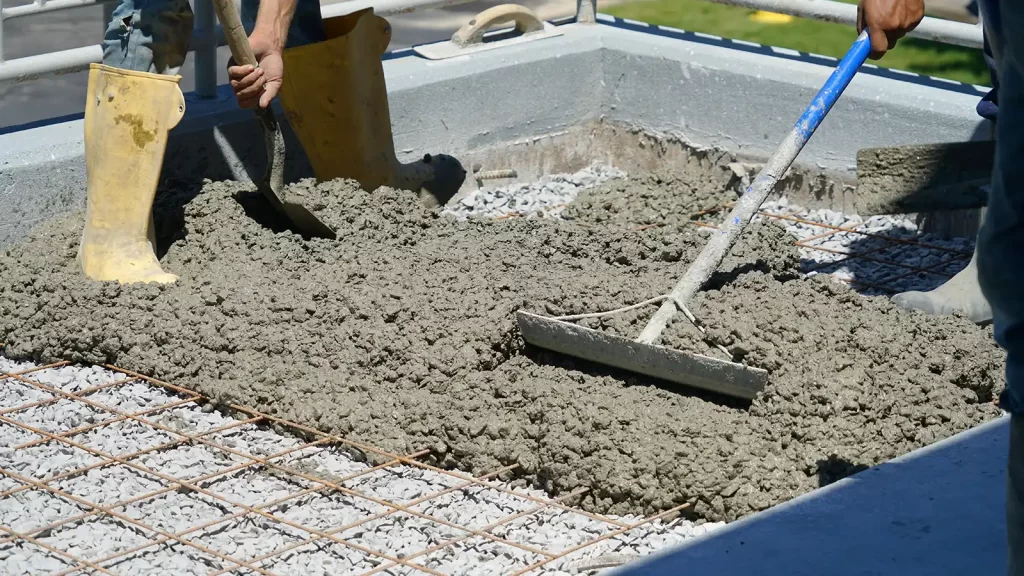
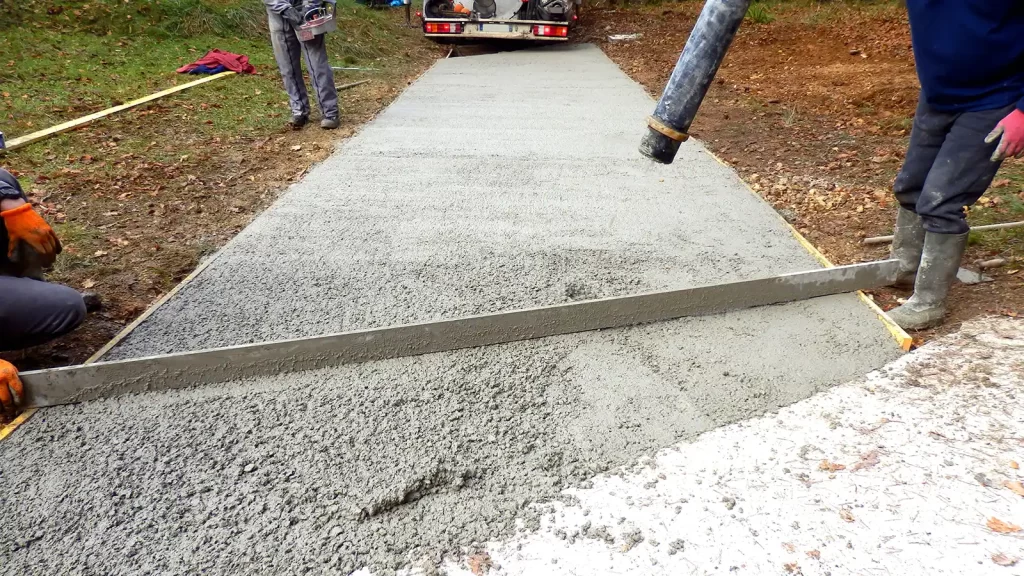

Curing Concrete
It is essential to help your new concrete cure properly. It can be up to 50% stronger if curing is done correctly. This means your new driveway will last longer if you take a few simple steps over the next month. And yes, I said a month.
Concrete takes roughly 28 days to cure.
One of the most important things you can do is bust out your garden hose and spray it down.
- Damping the concrete causes the moisture inside of the driveway to evaporate slower, thus making the concrete harder.
- Damping it 5-10 times daily is the best way to do this. You can get similar results, but at least do it twice daily. When we got a new driveway, I would dampen it down before work and again when I got home. Easy, breezy, nothing too complicated, but it is essential.
- Having to get repairs will impact the cost of a new concrete driveway.
How long before you can drive on a new concrete driveway?
After installing a concrete driveway, allowing it adequate time to cure and gain strength is crucial. You should wait at least seven days before driving on it for optimal results. This waiting period ensures the longevity and durability of the surface. The concrete may appear dry after a day or two; driving on it too soon can cause damage. Exhibit patience and give it the whole week it needs before applying vehicular pressure. Doing this will ensure your driveway lasts a long time. Always consult with your contractor for specific guidance. The cost of a new concrete driveway is a big investment, so care for it properly to ensure it lasts a lifetime!
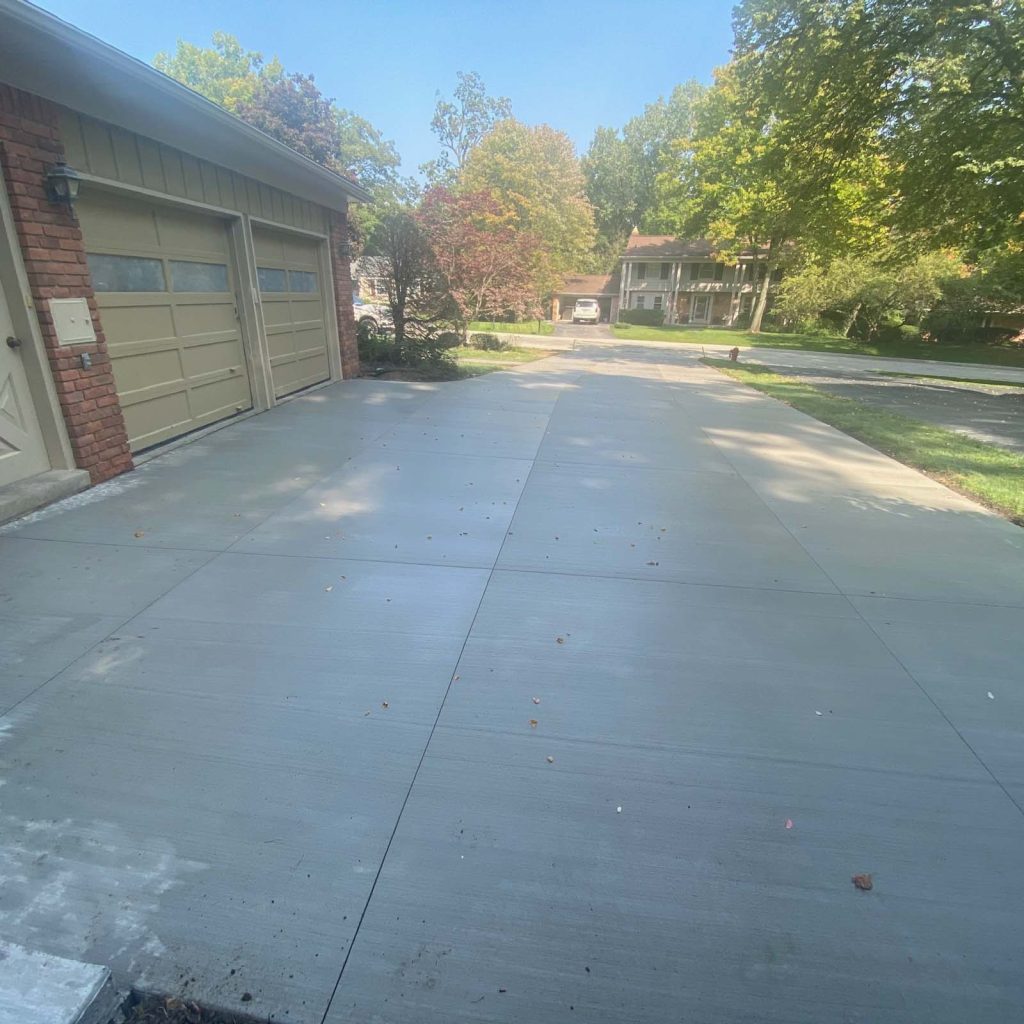
Other considerations affect the cost of a new concrete driveway.
Is a new concrete driveway worth it?
Absolutely! A new concrete driveway offers multiple benefits. Firstly, it significantly enhances the curb appeal of a property, potentially increasing its value. Concrete is durable, with a lifespan often exceeding 30 years with proper maintenance. This makes it a cost-effective choice compared to other driveway materials in the long run. Others, like asphalt may require frequent repairs or replacements. Furthermore, a well-constructed concrete driveway requires minimal maintenance and is resistant to typical wear and tear factors. Oil stains, weather conditions, and UV radiation don’t impact concrete as much. While the initial cost of a new concrete driveway may be higher than some, the longevity and appearance of concrete often justify the cost.
How much weight will a 4 inch concrete driveway support?
A 4-inch thick concrete driveway, when properly constructed and cured, is typically designed to handle the weight of standard passenger vehicles and light trucks. The weight-bearing capacity of a concrete slab is influenced by its compressive strength. Traditional residential concrete usually has a compressive strength of about 3,000 to 4,000 psi (pounds per square inch).
For everyday vehicles, this thickness is adequate. However, if you’re considering heavy trucks or RVs, a thicker slab might be needed, or the concrete strength might need to be increased. Over time, repeated heavy loads can cause cracks or damage if the slab isn’t designed for such weight. For specific requirements, always consult with a professional engineer or concrete contractor.
What time of year is best for new concrete driveway?
The best time of year for pouring largely depends on the region’s climate, which can affect the cost of new concrete driveways. Ideally, you’d aim for moderate temperatures and conditions:
- Spring and Fall: In many areas, spring and fall offer moderate temperatures. Concrete cures best when the temperature is between 50°F (10°C) and 70°F (21°C). These seasons often provide these conditions, ensuring the concrete sets properly without freezing or drying out too quickly.
- Avoid Extreme Temperatures: High temperatures can cause concrete to dry too rapidly in summer, leading to a weaker surface. In contrast, winter poses a risk of freezing, which can disrupt the curing process and result in surface scaling or cracking.
- Manageable Moisture: While concrete needs moisture to cure correctly, excessive rain can dilute and damage the surface. If rain is predicted, it’s essential to have a plan in place to protect the fresh pour.
Ultimately, the best time of year will hinge on local weather patterns. Always consult with a local concrete contractor, as they will have experience with regional considerations.

